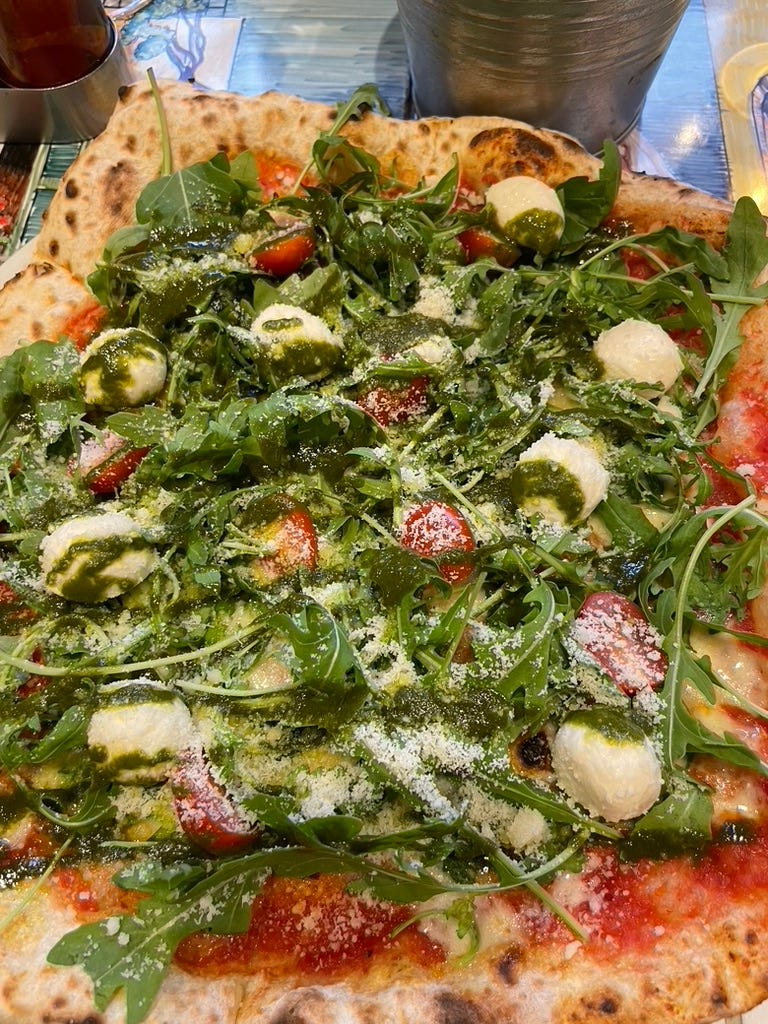Last week as l was driving around to my patients, l came across a very interesting discussion on a podcast details at end of this post, on how savouring an experience, no matter how fleeting can boost your neurochemistry.
We all know that mindfulness is good for us, but how about savouring? Is there a difference or is savouring just a new reedit of mindfulness? This is what l set up to explore……
A DISRUPTER TO SAVOURING
DISTRACTED EATING
Lately, I cannot tell you how many times when l’ve sat down with others to eat, the lack of this practice seems to emerge. I mean the speed of which people are eating, drinking, talking being on their phones all at the same time is quite alarming. I don’t know about you but l do find it rather rude if l’m being honest. I’m not sure whether it’s a culture and/or personal habit or just the over stimulated world we find ourselves in to blame, but either way it is not good for us on so many levels.
So what happens when you are talking, scrolling or watching TV while eating?
BAD EATING EDITS
You don’t allow the; flavours of the food to settle in your palette, the vibrant array of colours and the texture of fresh food to infuse your senses with nourishment.
When you're distracted, you might not pay attention to how much you eat or how quickly you eat, and you might miss the fullness cues that signals your body is satisfied.
If you are not mindfully eating your food, then you may not be biting or chewing in the right way affecting your digestion.
GOOD SAVOURING EATING EDITS and BENEFITS
Paying attention to meals (or mindfully eating) has been linked to eating less later in the day.
Aids weight loss.
Reduces external eating (eating in relation/response to environmental stimuli).
Reduces emotional eating habits.
WHY DON’T YOU
Count how many times you chew a bite of food. This'll help you focus on the act of eating.
Slow down. Fully chew your food, and wait a few seconds before taking the next bite.
Maybe it’s become more apparent for me because of the time l’ve spent in the past living in the Mediterranean, which was a masterclass in shopping to cook, cooking, entertaining and socialising. Whilst living in Greece l can still remember the times of sitting over freshly prepared food, pausing after each course or Meze (in other words letting our food settle) before drinking or speaking. Like in other warmer European countries sitting for a few hours at a family or neighbourhood gathering is a normal practice. I’m using food here as the concept, but really you can apply savouring to almost anything including Art of course!
SAVOURING vs MINDFULNESS
You may well ask so what is the difference between the two?
Many research papers reflect the positive affects of savouring the moment. Suggesting it is as simple as just taking the time to enjoy something that you would otherwise feel the need to hurry through.
In their book on savouring, Fred Bryant and Joseph Veroff go one step further by noting further clarification on the distinction between savouring vs mindfulness.
“When people savour, they too are mindful of their experience, but their attention does not remain totally open to incoming or internal stimuli. Instead, the savouring process involves a more restrictive focus on internal and external stimuli associated with positive affect. In that sense, savouring is a narrower concept than mindfulness.”
Bryant & Veroff
With mindfulness we notice the positive and good but we maintain an open, curious, and receptive awareness that is ready to notice other elements of our present moment – perhaps more good things, perhaps some unpleasant sensations, or perhaps some surprises. Savouring however, is going deeper into the senses and our memories to uncover smells, sounds, textures, colours, flavours and emotions. When you savour, you amplify the art of appreciation or gratitude for the positive aspects of your experience.
Let me give you a brief example so you can see the difference
Salema’s Mindfulness strategy: I am noticing the nature scene from my home on the water. I am attentive to my senses, my feelings, and my thoughts as l sit there. While also attentive to the myriad of details of that surrounds me. I allow myself to feel whatever it is l am feeling from moment to moment exploring and noticing.
Salema’s Savouring strategy: l notice the nature scene. l allow myself to be immersed in its beauty – the sounds, visual details, and pleasant smells. l take notice of something particularly positive – something that makes me feel good. It might be the sound of the gently ripples of water on my back deck, the wind hitting my wind chimes. l absorb myself in the details and l notice any positive feelings present within me. l Feel them fully as l enjoy the scene. I choose to stick with that positive emotion and appreciate how good it feels.
The distinction here is that savouring occurs when we deliberately try to enhance the positive – to prolong a good experience. It does take mindfulness to get us to our senses of taste or sight or smell - to even notice the good - in the first place. But that’s it. Mindfulness is noticing whatever is occurring in our attention – good, bad, or neutral. Mindfulness is not about trying to keep the good there or trying to create the positive. Keeping the positive is where savouring takes over.
Now l’ve clarified the difference!
When was the last time you really savoured something?
For a while (well lets say for the past two years) l now realise that this is exactly what l’ve being doing, somehow feeling different to Mindfulness. Therefore, savouring sounds less daunting and gives the impression that it is a practice of natural simplicity.
Since l moved onto the water, l spend most of my days balancing between nature and living in our overstimulated world and find myself often practising this ritual of Savouring, which has l feel increased my levels of happiness.
Whilst, l acknowledge that sometimes multitasking is necessary, do not make the mistake of doing it consistently, why? Well multitasking is the enemy of Savouring, simply put it disrupts our ability to focus on one thing at a time.
THE SCIENCE OF IT ALL
Savouring is a core pillar of the positive psychology movement, something l touched upon during my Academic studies. Savouring is positively associated with present happiness, percentage of happiness in a day, higher levels of self esteem, optimism and extraversion (Bryant, 2003). But, positive events alone are not enough to bring about happiness, people need to be able to attend to and appreciate the positive feelings that emerge from positive events (Bryant & Veroff, 2007).
Furthermore, another study from researchers have found what they believe is the part of the brain directly responsible for feelings of happiness, and the discovery could help us tap into these feelings more often. Whether that involves creating more moments of joy and contentment or savouring the moments we have for a longer period of time, we might one day be able to 'train' our brains to hold on to happy feelings.
Psychologist Aaron Heller and his team from the University of Wisconsin-Madison in found that the brain's ventral striatum 'lit up' for the longest time on the MRI scans, indicating that this section of the brain's reward system is directly linked to sustained positive emotions. These findings could help us to better understand depression and mental health, the academics suggest, as well as enabling us to find ways to 'train' the brain to be happier for longer.
Heller and colleagues’ findings, published in The Journal of Neuroscience, suggest that the duration of activity in specific circuits of the brain, even over relatively short periods of time such as seconds, can predict the persistence of a person’s positive emotion minutes and hours later. The results and the study’s unique design contribute to a growing understanding of how mental disorders such as depression might be manifested in the brain. Depression affects more than 350 million people globally, according to the World Health Organization.
So what will you savour more fully going forward?
FURTHER READING AND LISTENING
Bryant, F. B., & Veroff, J. (2007). Savoring: A new model of positive experience. Mahway, NJ: Lawrence Erlbaum Associates.
Dr Jamil Zaki Hope for Cynics
Listen on Apple Podcasts:
















Share this post